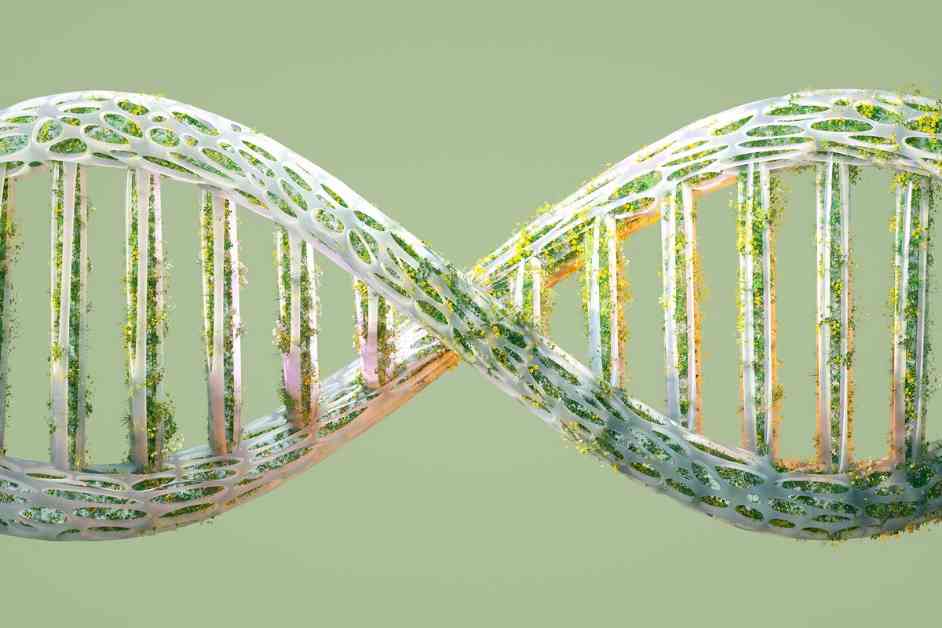Scientists Warn of Catastrophic Risks Associated with ‘Mirror Life’
A groundbreaking article published in Science on December 12 has sent shockwaves through the scientific community. Leading experts, including Nobel Prize winners, have come forward with a chilling cautionary tale about the potential dangers of a new category of synthetic organisms known as “mirror life.” What exactly is mirror life, and why are scientists so concerned about its implications for human life and ecosystems?
Understanding the Threat: What is ‘Mirror Life’?
Mirror life refers to synthetic organisms whose component molecules are mirror images of their natural counterparts. This phenomenon, known as chirality, plays a crucial role in biology, as interactions between biomolecules depend on their specific handedness. Imagine trying to fit your left hand into a right-handed glove – the mismatch is a fundamental issue that applies to molecules at a microscopic level.
The Risks and Consequences of Mirror Bacteria
While the capability to create mirror bacteria is still a decade away, researchers have made significant strides in synthesizing mirror biomolecules like DNA and proteins. The potential benefits of mirror organisms, such as longer-lasting drugs and immune system therapeutics, are compelling. However, the flip side of the coin is much darker.
The authors of the article express grave concerns about the ecological and life-threatening risks posed by mirror bacteria. These organisms could circumvent natural immune responses, infecting a wide range of hosts and spreading unchecked through ecosystems. The lack of predators and nutrient sources specific to mirror bacteria could allow them to thrive outside of controlled environments, posing a serious threat to the biosphere.
Debating the Future of Mirror Life
Not all experts agree on the severity of the risks associated with mirror bacteria. Some argue that the competitive disadvantage of mirror organisms may limit their survival outside of a lab setting. However, the authors stress the importance of proactive discussions among researchers, policymakers, regulators, and society at large to address the potential challenges posed by mirror life before it becomes a reality.
As the scientific community grapples with the ethical and practical implications of creating mirror organisms, one thing is clear – the conversation has just begun. The future of biotechnology and synthetic biology depends on how we navigate the path forward responsibly and ethically. Mirror life may be a concept for now, but its implications could shape the landscape of scientific research and innovation for years to come.










